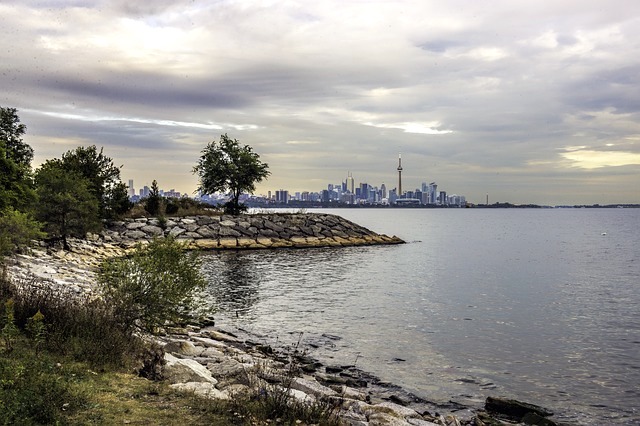
Professor emeritus Robin Davidson-Arnott, from the University of Guelph’s Department of Geography, Environment and Geomatics, is available to comment on rising water levels in Lake Ontario and their potential effects on Toronto and towns along the lake’s shoreline.
Davidson-Arnott researches and consults on coastal processes, including how changing water levels affect shorelines. He has studied the geomorphology and erosion of cohesive bluff coasts; salt marsh dynamics in the Bay of Fundy; beach-dune interaction; and sand transport on beaches and coastal dunes.
The Toronto and Region Conservation Authority issued an advisory this week that Toronto is under a “shoreline hazard warning.” Water levels in Lake Ontario are now close to those seen in 2017, when the Toronto Islands and city beaches became flooded.
The TRCA warned that impacts, such as shortened beaches, can be expected this spring, as well as increased erosion along the Lake Ontario shoreline. The International Lake Ontario – St. Lawrence River Board is forecasting lake water levels will continue rising until late May or early June.
Last month, Davidson-Arnott and several colleagues released a report that warned that the areas around the Great Lakes should prepare for more extreme weather events that will lead to more flooding and will impact shorelines, among other effects.
Contact:
Prof. Robin Davidson-Arnott
rdarnott@uoguelph.ca